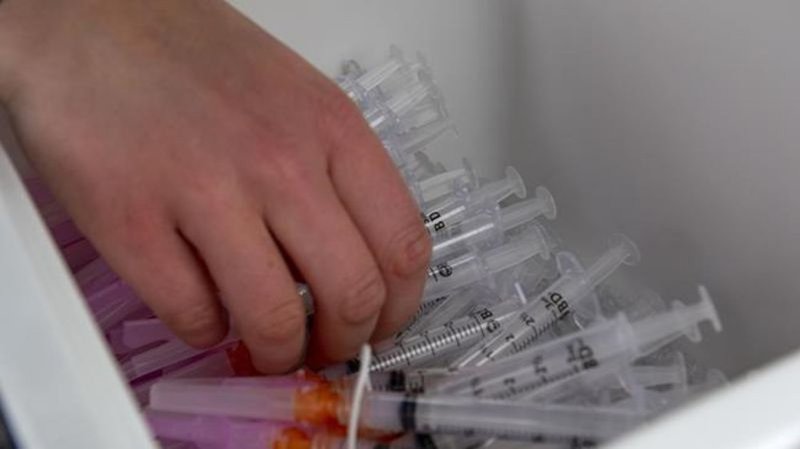
Michael Joe Cini
3rd May 2023
mRNA “Centre of Excellence” to boost Australia’s vaccine production capabilities
Australia’s Adelaide is set to house an mRNA centre of excellence, which will utilise cutting-edge technology to create mRNA therapeutic drugs and vaccines.
South Australia: BioCina to establish nation-leading mRNA facility
The facility, BioCina, will be supported by a $10 million funding initiative, which was equally co-funded by the Albanese and Malinauskas Labor governments.
The pharmaceutical production site will create 30 new full-time jobs and will work in collaboration with the University of Adelaide’s School of Chemical Engineering and Advanced Materials to develop and implement world-class innovation in precision medicine manufacturing technology and processes.
“Australia’s sovereign vaccine supply problem was highlighted by COVID-19,” noted Australian Labor Party politician Mark Butler. “This investment will ultimately build capacity to produce millions of doses of mRNA vaccines per week, adding resilience and capacity to Australia’s sovereign vaccine agenda.”
BioCina aims to produce a variety of vaccines, including the next generation of mRNA vaccines for diseases like Cancer, Malaria, Tuberculosis, Zika, Hepatitis B, HIV, Rabies, Influenza, and Cystic Fibrosis.
The funding will help BioCina to begin manufacturing mRNA to supply clinical trials and scale up its facility to full commercial levels. The global market for mRNA therapeutics is expected to grow from $46.7 billion in 2021 to $101.3 billion by 2026.
Projects such as this, highlight Australia’s opportunity to leverage BioCina’s strengths in development, manufacturing and innovation, to drive commercialisation and globally competitive local manufacturing – BioCina CEO Mark W. Womack
Unlocking the potential of mRNA: Advances and challenges

By administering a nucleoside-modified messenger RNA sequence, it’s possible to induce a cell to produce a protein that can directly treat a disease, serve as a vaccine, or influence stem cells to differentiate as needed.
However, delivering RNA therapy to the appropriate cells is challenging due to issues like the degradation of naked RNA sequences, the body’s immune system potentially attacking them, and their impermeability to cell membranes. Once the RNA enters the cell, it must be able to exit the transport mechanism and function within the cytoplasm.
Despite these challenges, mRNA as a therapeutic was first proposed in 1989 and mRNA-based therapies for cancer and other diseases continue to be studied. For instance, the mRNA vaccines from Pfizer-BioNTech and Moderna, which received limited authorization during the COVID-19 pandemic, are considered part of a new class of drugs that have promising potential for treating a variety of conditions.
mRNA in molecular biology
Messenger ribonucleic acid (mRNA) is a single-stranded RNA molecule that carries the genetic information of a gene and is used by ribosomes to synthesise proteins in molecular biology.
During transcription, RNA polymerase converts the gene into a pre-mRNA molecule that still contains introns, non-coding regions. RNA splicing removes introns and creates mature mRNA containing only exons, which code for the protein. Ribosomes read the mature mRNA and use transfer RNA (tRNA) to create the protein in a process known as translation.
This flow of genetic information is known as the central dogma of molecular biology.
Like DNA, mRNA’s genetic information is encoded in the sequence of nucleotides arranged into codons consisting of three ribonucleotides each. Each codon codes for a specific amino acid, except stop codons that end protein synthesis.
Translation of codons requires tRNA to recognize the codon and provide the corresponding amino acid, and rRNA, the central component of the ribosome’s protein-manufacturing machinery.
Join the team at the Med-Tech World Roadshow!
We are excited to have you join us in London for a game-changing night of networking, learning, and innovation in digital health and med-tech. Don’t miss this exciting opportunity to collaborate and discuss how we can shape the future of healthcare.






